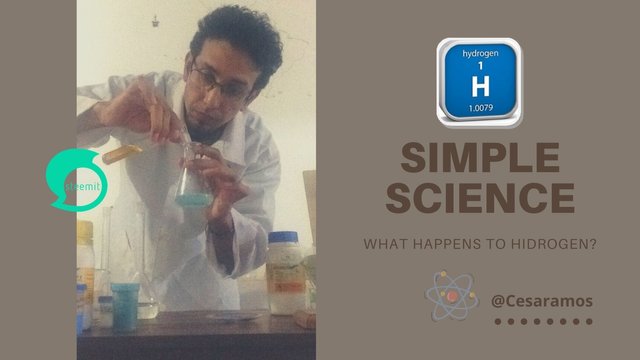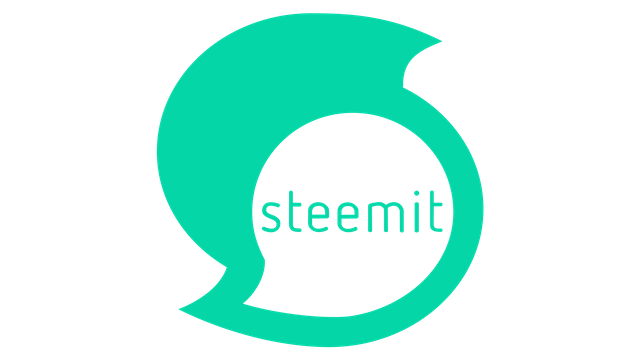[English Version] | 💡WHAT HAPPENS TO HYDROGEN? 💡 Uses and curiosities // Get to know a bit of science in style and very simply
SIMPLE SCIENCE

What about the elements?
Science with style, what’s up, Steemers. Science in many ways is the nemesis of most students and people in common, but the truth is that when we approach it we realize that it is really wonderful, where everything has to do with science. From why we fall in love, the color of things and the aspects that stimulate our senses have a lot to do with science, in our case I will be bringing you a very dynamic and friendly style to get to know our universe and the why of things. We will start this section knowing the basic aspects and the most interesting curiosities of the elements.
I have a Bachelor's degree in Chemistry, a Master's degree in coordination chemistry (not concluded due to the current situation of my country Venezuela), a Master's degree in Medical Physics (not concluded either, also due to the situation of the country); some experience as a teaching researcher, besides having two scientific publications in the "Journal Chemistry International". I take this as a premise to approach certain scientific topics and also to answer some questions of chemistry curiosities. With this, we begin:


What about Hydrogen?
Hydrogen is the first element in the periodic table, composed of only one proton, one electron and one neutron, besides being the most abundant element in the universe, where the other elements are formed by nuclear reactions. What are the proton, electron and neutron? We will address this topic in a separate post and it will be full of very interesting curiosities. [1]

What is Hydrogen for?
Hydrogen is like a ghost, you can't smell it, you can't taste it, because it's odorless and tasteless. Besides, it has no color and it is a gas in our normal conditions of pressure and temperature and it is widely used as rocket fuel and it is obvious that you know that it is the main constituent, together with carbon, of organic matter[1-2]
Did you know that hydrogen has three isotopes?
Yes, there are three isotopes of hydrogen: the first and most abundant is the protium of mass 1 present in 99.98% in nature, then comes the Deuterium of mass 2 and with a 0.02% presence in nature and finally the Tritium of mass 3 and that can only be produced artificially by nuclear reactions. [3-4]

Hydrogen curiosities.
What two atoms of hydrogen along with an atom of hydrogen magically form water? because it is not so simple, to form water these elements must go through a process of reaction by an electric spark or a platinum catalyst, a reaction of two atoms of hydrogen with one of oxygen would be really slow, so if you want to form water from these two elements you already have the alternatives, but be careful, to form water is an extremely explosive reaction and you must follow many security protocols because if not, you will not live to drink your glass of water created by you.[3]
Other uses of hydrogen.
Did you know that for several years there has been experimentation with the creation of hydrogen engines as a clean and renewable energy, because if, for many years NASA has used hydrogen as a fuel along with oxygen for the propulsion of their rockets, since then research has been done on how to create hydrogen engines to be replaced by the fossil fuel engines used today. [2-3]

It is also used in oil refining in hydrocracking in sulfur removal. But the main use of hydrogen is for the formation of ammonia forming NH3.[3]

In the reference area I will leave more information to enrich the reading
Disturbing note on hydrogen.
Tritium, the isotope of hydrogen, can be used in the manufacture of hydrogen pumps. This being a source of radiation.
recommendation.
Never play with hydrogen gas and a flame, as this is the most flammable gas known.

| Referencias | Link |
|---|---|
| 1 | What is hydrogen for |
| 2 | hydrogen and characteristics |
| 3 | Hydrogen an element without a group |
| 4 | ISÓTOPOS |
| 5 | Hydrocracking |
| 6 | Role of Hydrogen in the aerospace career |
to carry out the translation into English you need the support of two translators for complex words or correct grammar: DeepL Traslate | Dictionry cambridge




